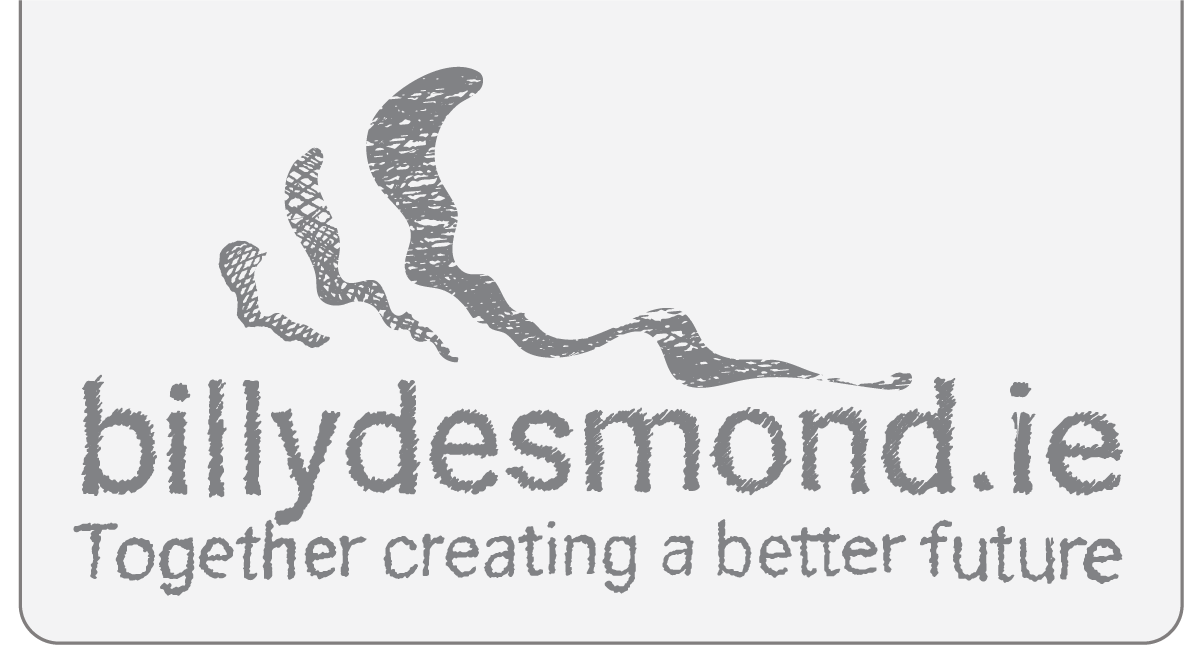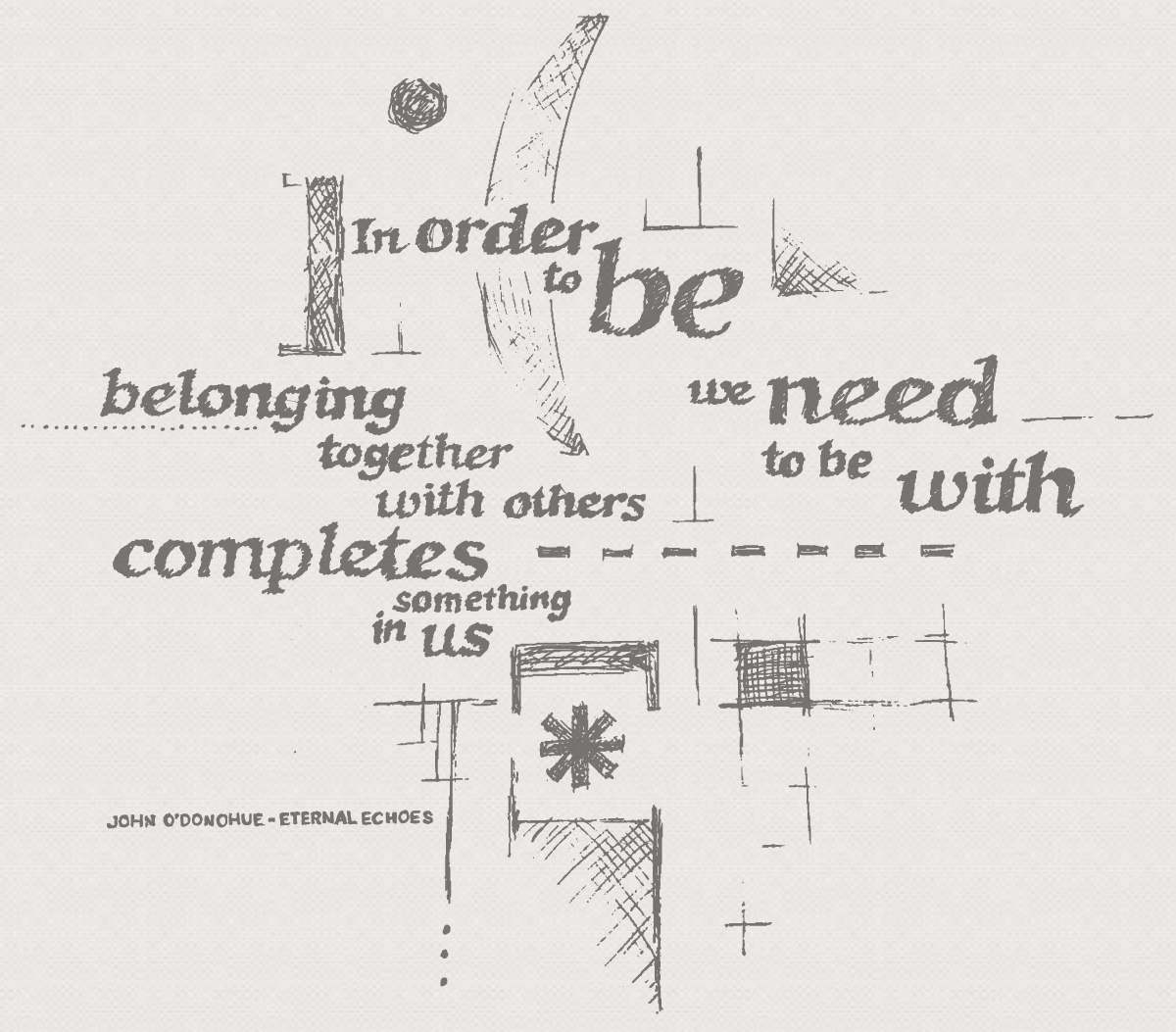Some of these groups are families of birth with one or two parents, some are adopted or foster families, others, are extended families, families of choice or institutions of care when a family was not available to us. These groups become the spaces and places of our developing self from our earliest years well into late adolescence or early adulthood. Indeed, it is in such groups, whether familial, school friendship or communities that we begin exploring the multiplicity of our identities. And, it is participating in such different groupings that we sense and feel the quality of support that facilitate the expression of unique aspects of our humanity.
Group therapy has six to eight members and a group therapist sitting in a circle without any preset agenda. The group generally meet weekly for ninety minutes (1.5 hours) . The group membership remains the same over time. The space is confidential and an atmosphere of safety, trust and support is fostered in the presence of the group therapist. Each group member is supported to explore what is of interest to him/her/them so that she/he/they can develop a greater awareness. In the presence of the group, each individual can feel the support of others and experiment with new ways of relating and interacting with others in the safety of the group. Gestalt group therapy encourages exploration through dialogue, movement and experimenting between members as this provides the possibility for healing and growth to occur. To facilitate the exploration of individuals’ experiences, attention is given to the ‘intrapersonal’ , ‘interpersonal’, ‘sub-group’ and ’intergroup’ dynamics.
Often, we don’t understand why we are feeling and thinking in ways that are causative to us suffering. Yet, there are bodily ‘known’ and in groups this will be called forth as other members bring their experience into the group. One of the strengths of Gestalt group therapy is that as we spontaneously respond to others around us in the here and now, we realise that each of us is not alone. In the presence of other group members healing of past relational hurts is possible, and the opportunity to explore new ways of relating can be discovered for each person.


